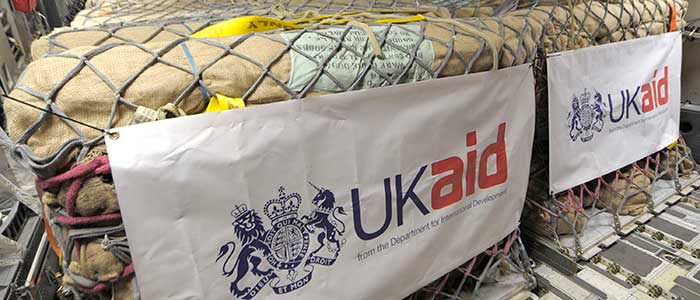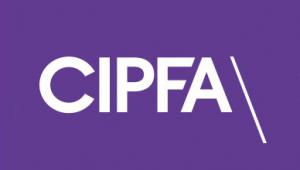Priti Patel, the country’s secretary of state for international development, announced the initiative in a speech earlier today where she also launched her strongest defence of UK aid yet.
Britain’s target to spend 0.7% of its gross national income on overseas aid every year has come under heavy fire from some sections of the British press, parliament and public, as well as, previously, from Patel herself.
She said the funding from the UK’s Department for International Development will provide training focused on small- and medium-sized charities and has the potential to “do something really powerful in terms of ensuring public trust and support for development”.
The as-yet-unspecified amount of money will support the UK’s Charity Commission and “other key partners” in raising standards and increasing effectiveness in areas including governance, financial management, due diligence, cost-effectiveness and transparency.
“The Charity Commission will work with your organisations to build your skills and capabilities when it comes to handling public money and managing projects,” she told an audience at Bond, a trade association for NGOs and charities.
She added that ultimately this will reduce the burdens and costs of due diligence when smaller charities apply for government funding.
She also announced the creation of a new fund specifically targeted at smaller charities working in international development with an annual income of less than £250,000.
“Britain boasts an extraordinary number of small, grassroots charities who do amazing, often highly innovative work in the world’s poorest places,” she said. “But, I know that – for the most part – smaller charities have not had the opportunity to work with DFID in the past.”
Patel – once a staunch aid critic who had called for DFID to be scrapped and questioned the value of the 0.7% target – now emphasised UK aid’s importance, in terms of meeting today’s substantial humanitarian challenges and maintaining Britain’s global influence.
Her audience, and the aid community beyond that, will have cautiously welcomed her tone, after her appointment initially sparked fears about the future of UK aid.
While Patel has put a stronger focus on economics, trade and the private sector, and set a harder line on transparency, accountability and value for money, she has maintained the UK’s reputation for providing humanitarian support in crises.
At the weekend, she announced the UK would match the next £5m donated by the UK public to respond to the threat of famine across east Africa. A similar pledge made earlier in March helped Britain raise £12m for the cause in 24 hours.
Patel said: “It’s never been clearer to me that at times of crisis the world looks to Britain... not just for our support but for our leadership – which is, of course, underpinned by our commitment to UK aid.”
The country’s use of its “influence and ability to save lives in an ever changing world is part of who we are as a nation”, she added.














